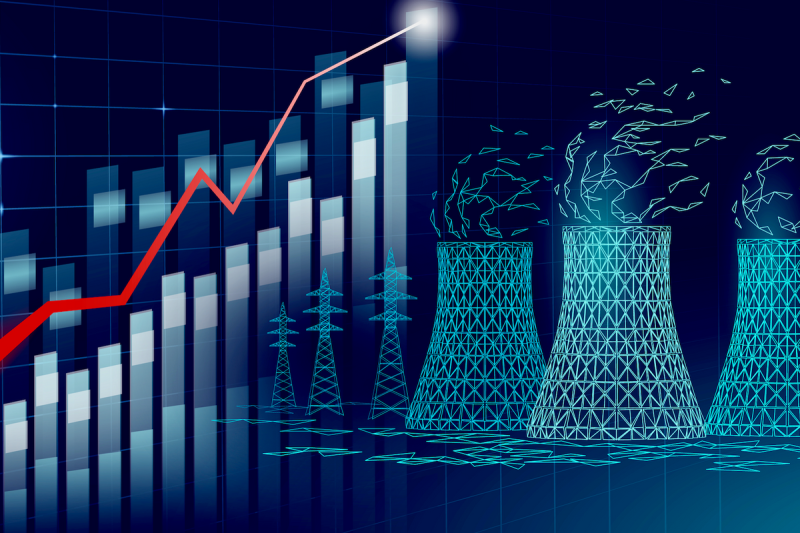The United States Plans to Triple Nuclear Power Capacity by 2050
The United States has set ambitious goals to significantly increase nuclear power capacity by the year 2050. According to the Nuclear Energy Institute (NEI), the country currently generates around 20% of its electricity from nuclear power plants, making it a crucial player in the clean energy sector. With a strong focus on environmental sustainability and reducing carbon emissions, the United States aims to triple its nuclear power capacity over the next three decades.
One of the key motivations behind this aggressive expansion of nuclear power is the urgent need to combat climate change. Nuclear energy is considered a low-carbon energy source, as it produces minimal greenhouse gas emissions compared to fossil fuels. By increasing its reliance on nuclear power, the United States hopes to significantly reduce its carbon footprint and make substantial progress towards achieving its climate goals.
In addition to environmental benefits, expanding nuclear power capacity can also enhance energy security and reliability. Nuclear power plants provide a stable source of baseload electricity, which is essential for meeting the country’s energy needs around the clock. By diversifying its energy mix and reducing dependence on intermittent renewable sources, the United States can bolster its energy security and ensure a reliable supply of electricity for its citizens.
Furthermore, the expansion of nuclear power capacity is expected to create economic opportunities and support job growth. The construction, maintenance, and operation of new nuclear power plants will require a skilled workforce, providing employment opportunities for a wide range of professionals, from engineers to technicians. Additionally, the nuclear industry stimulates economic development in local communities by generating tax revenue and supporting small businesses that provide goods and services to the sector.
Despite the numerous benefits associated with nuclear power, there are challenges that must be addressed to achieve the target of tripling nuclear capacity by 2050. One significant barrier is public perception and concerns surrounding nuclear safety and radioactive waste management. Building public trust in the safety and reliability of nuclear power plants is crucial for gaining support for future expansion efforts.
Moreover, the high upfront costs and lengthy regulatory approval processes for nuclear projects pose financial and logistical challenges. To overcome these obstacles, the United States must streamline regulatory procedures, invest in research and development to drive technological innovation, and provide financial incentives to attract private investment in the nuclear sector.
In conclusion, the United States’ commitment to tripling its nuclear power capacity by 2050 reflects a strategic vision to promote clean energy, enhance energy security, and stimulate economic growth. By leveraging the benefits of nuclear power and addressing the associated challenges, the country can position itself as a global leader in sustainable energy production and play a significant role in combatting climate change.




























